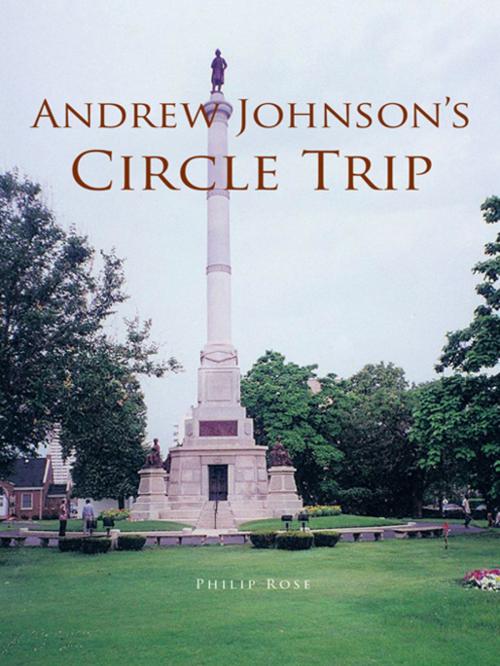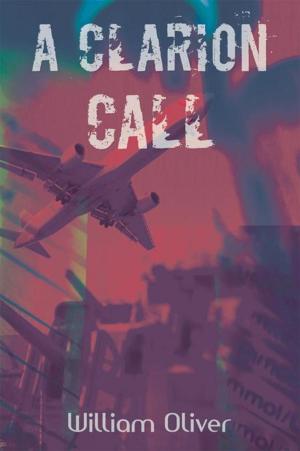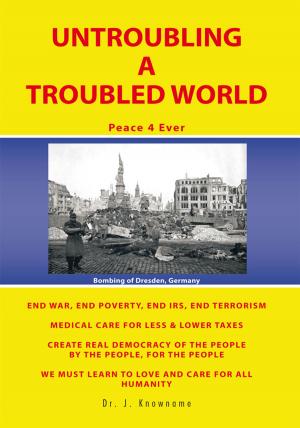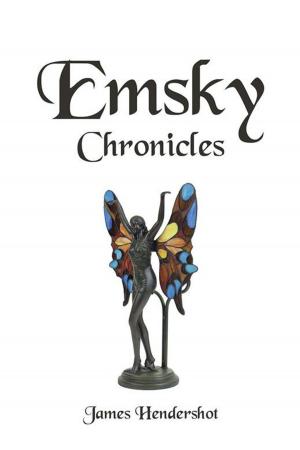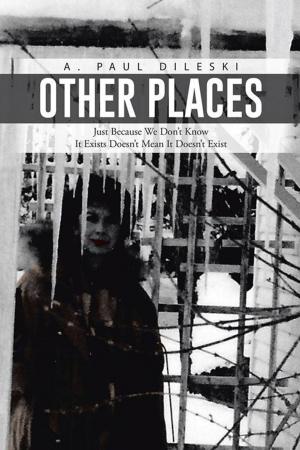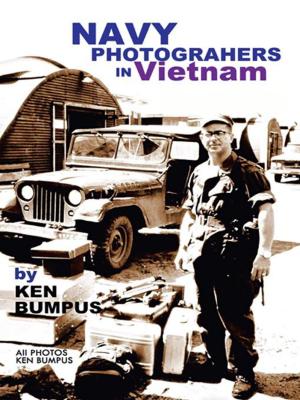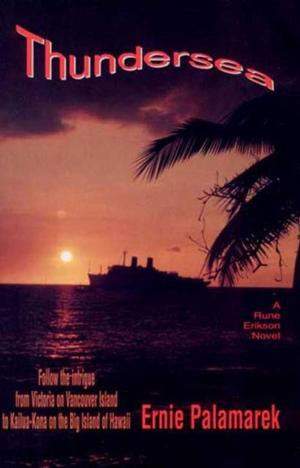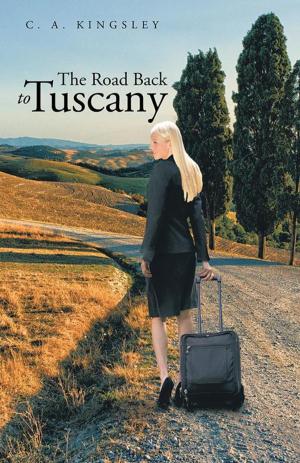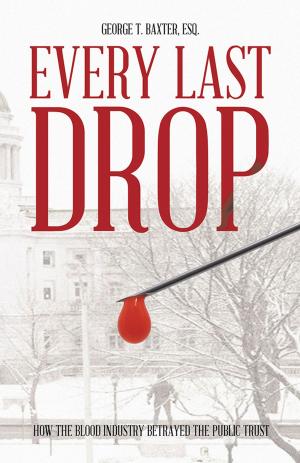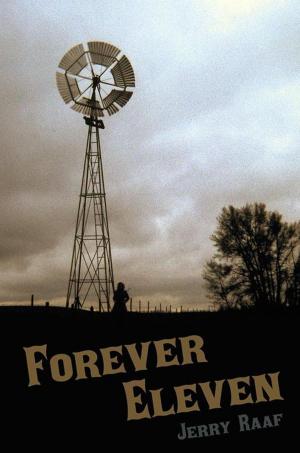| Author: | PHILIP ROSE | ISBN: | 9781466902237 |
| Publisher: | Trafford Publishing | Publication: | October 31, 2011 |
| Imprint: | Trafford Publishing | Language: | English |
| Author: | PHILIP ROSE |
| ISBN: | 9781466902237 |
| Publisher: | Trafford Publishing |
| Publication: | October 31, 2011 |
| Imprint: | Trafford Publishing |
| Language: | English |
Andrew Johnsons Circle Trip is the story of President Johnsons trip to Chicago for the purpose of laying the cornerstone of the Stephen Douglas Monument. On August 28, 1866, the presidential party left the capital. Among the guests were Secretary Seward, Ulysses S. Grant, and George Armstrong Custer. The route followed was via Baltimore, Philadelphia, New York, West Point, Niagara Falls, Cleveland, Detroit, and on to Chicago. This trip gave Johnson the chance to appear face-to-face with the people of the North. His extemporaneous addresses were reported in many of the newspapers of the time. The radicals had determined to ignore or to insult the president whenever possible while their papers gave caricatured reports of all the speeches. The city of Chicago was the final objective of the whole journey, and it was here, amid imposing ceremonies, that the cornerstone of the Douglas Monument was laid. From Chicago, the party journeyed down to Springfield and then on to Alton, where they were met by thirty-six steamers crowded with people and were escorted by them to Saint Louis. It was here that the radicals had organized their meanest demonstration. The presidential party journeyed on to Louisville, Kentucky, where a grand reception was accorded them, and from thence they pushed on to Cincinnati and Columbus, Ohio. On Saturday, September 15, the president and his fellow travelers returned to Washington. President Johnson had appealed to Americans, not to Democrats or Republicans, and he welcomed assistance on his trip wherever he could find it.
Andrew Johnsons Circle Trip is the story of President Johnsons trip to Chicago for the purpose of laying the cornerstone of the Stephen Douglas Monument. On August 28, 1866, the presidential party left the capital. Among the guests were Secretary Seward, Ulysses S. Grant, and George Armstrong Custer. The route followed was via Baltimore, Philadelphia, New York, West Point, Niagara Falls, Cleveland, Detroit, and on to Chicago. This trip gave Johnson the chance to appear face-to-face with the people of the North. His extemporaneous addresses were reported in many of the newspapers of the time. The radicals had determined to ignore or to insult the president whenever possible while their papers gave caricatured reports of all the speeches. The city of Chicago was the final objective of the whole journey, and it was here, amid imposing ceremonies, that the cornerstone of the Douglas Monument was laid. From Chicago, the party journeyed down to Springfield and then on to Alton, where they were met by thirty-six steamers crowded with people and were escorted by them to Saint Louis. It was here that the radicals had organized their meanest demonstration. The presidential party journeyed on to Louisville, Kentucky, where a grand reception was accorded them, and from thence they pushed on to Cincinnati and Columbus, Ohio. On Saturday, September 15, the president and his fellow travelers returned to Washington. President Johnson had appealed to Americans, not to Democrats or Republicans, and he welcomed assistance on his trip wherever he could find it.
